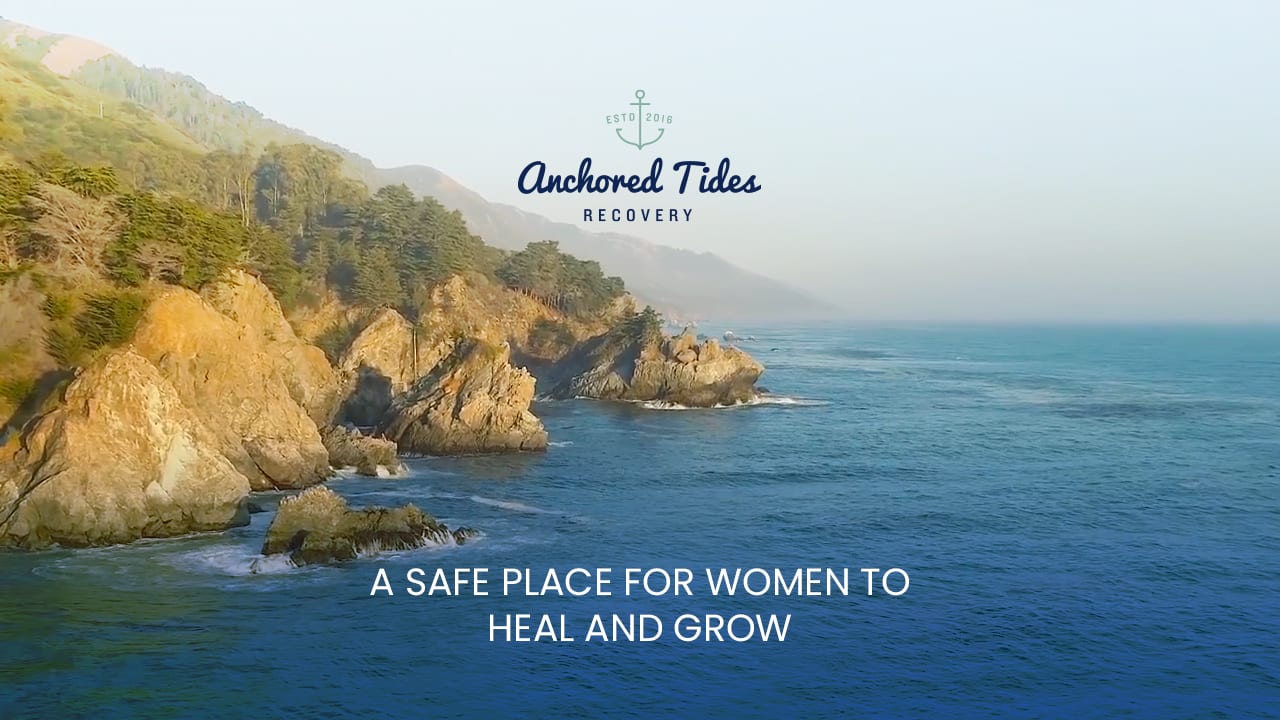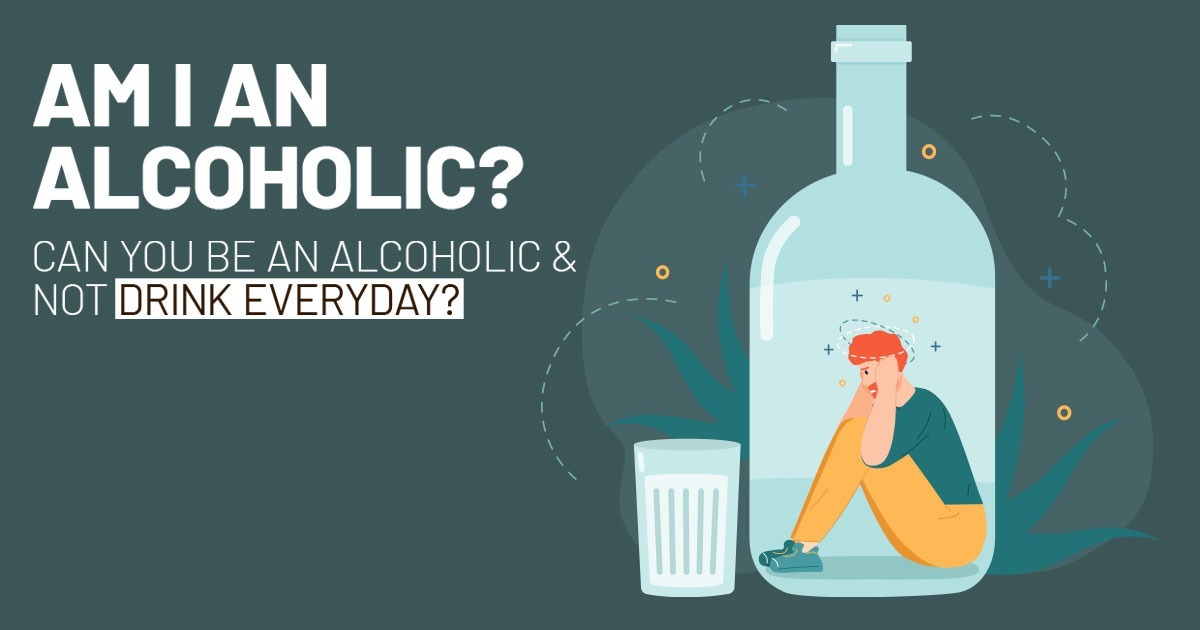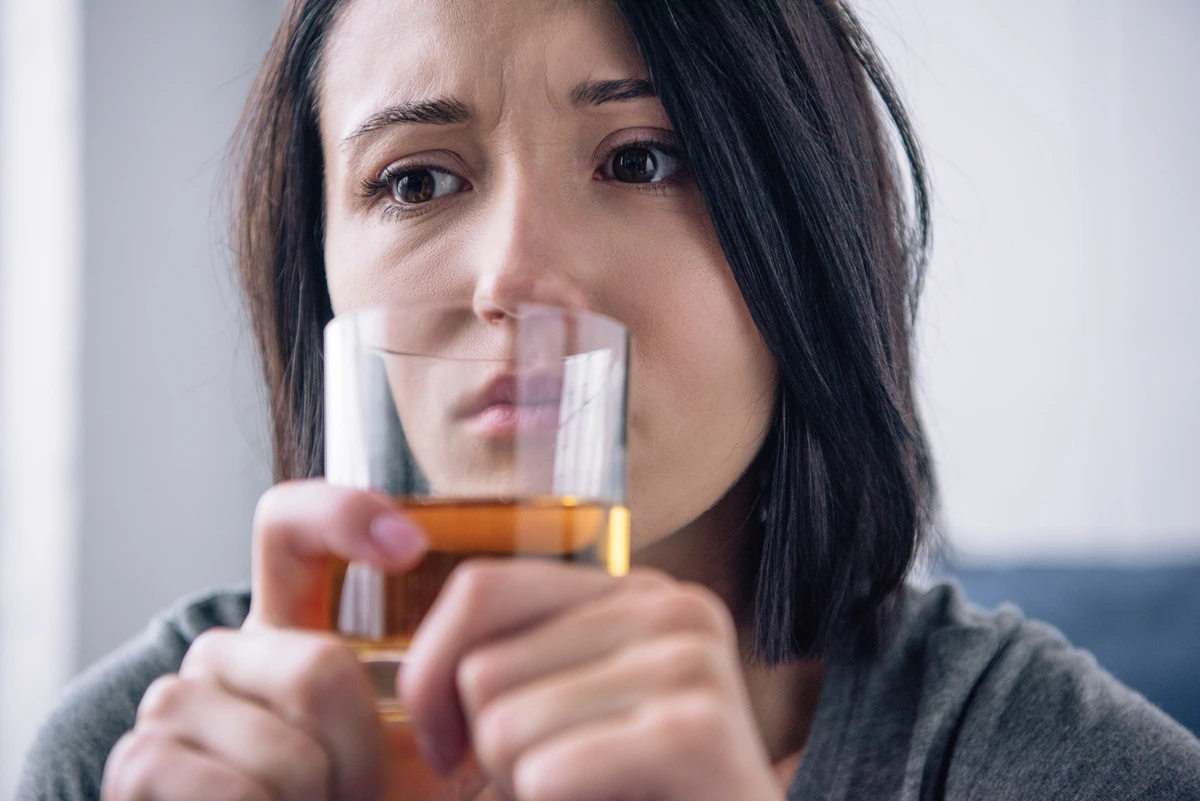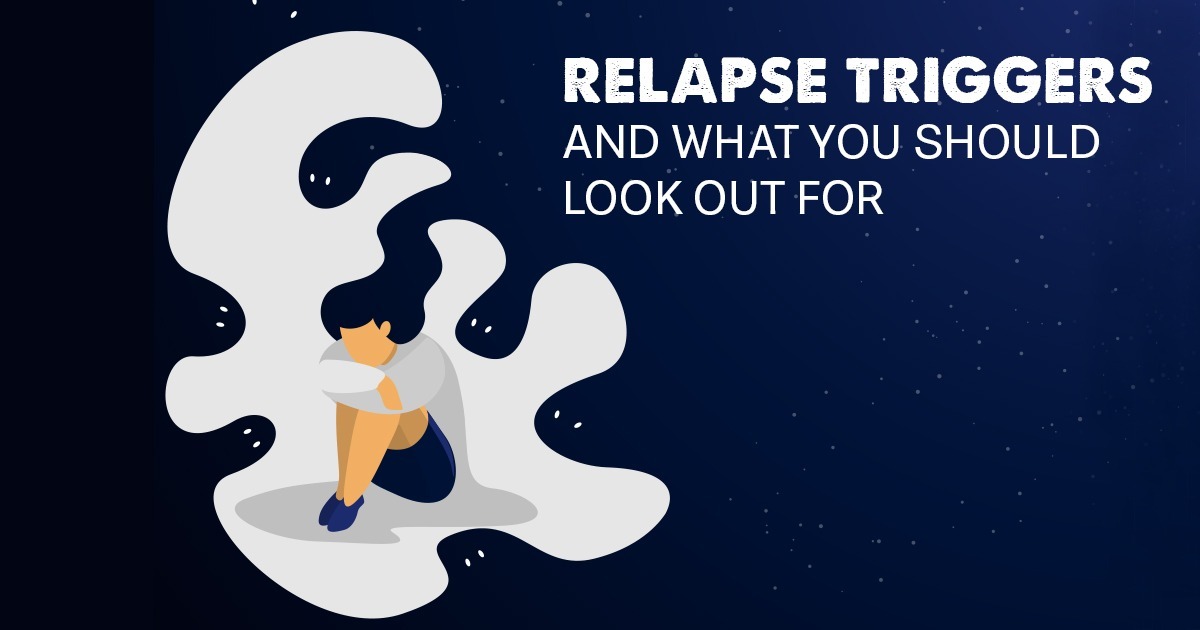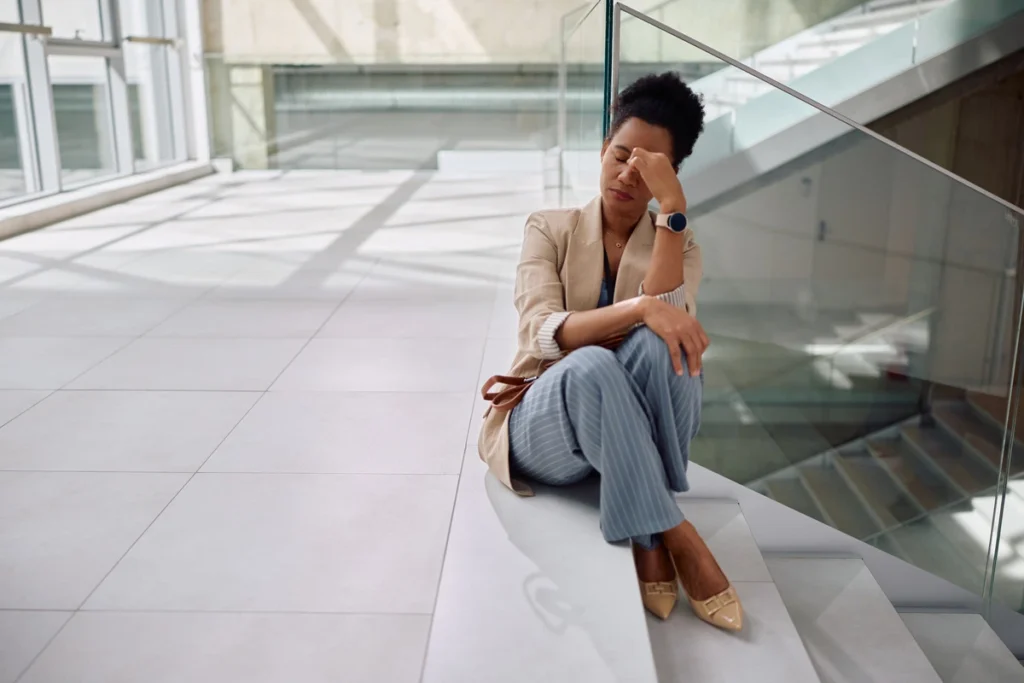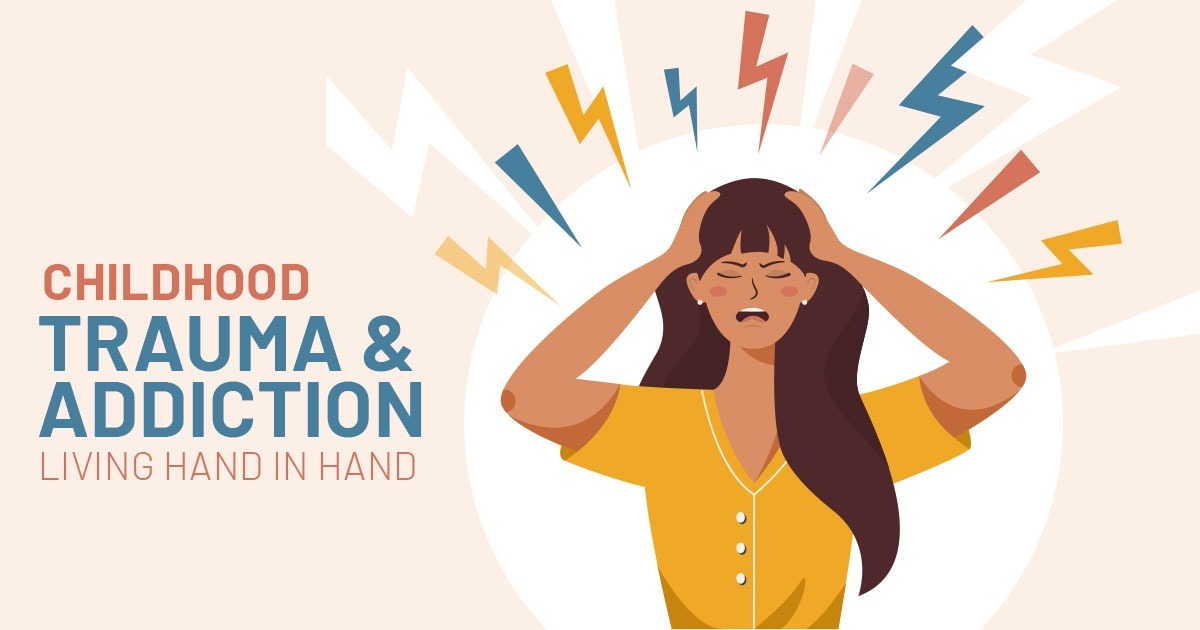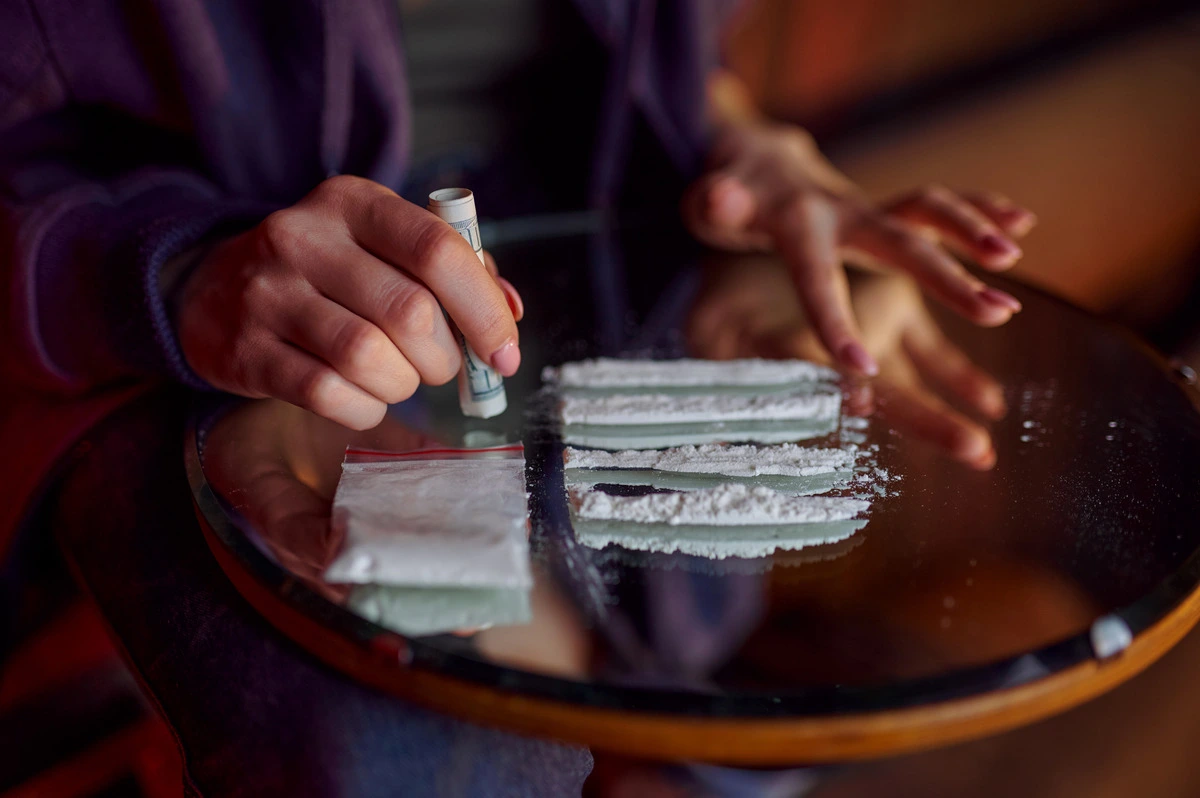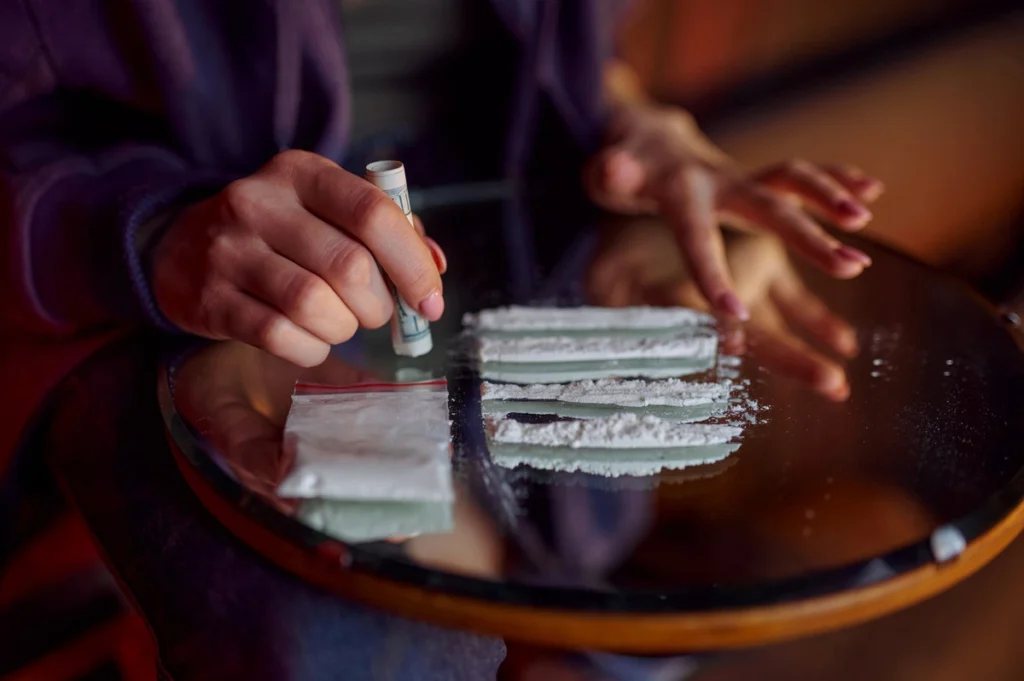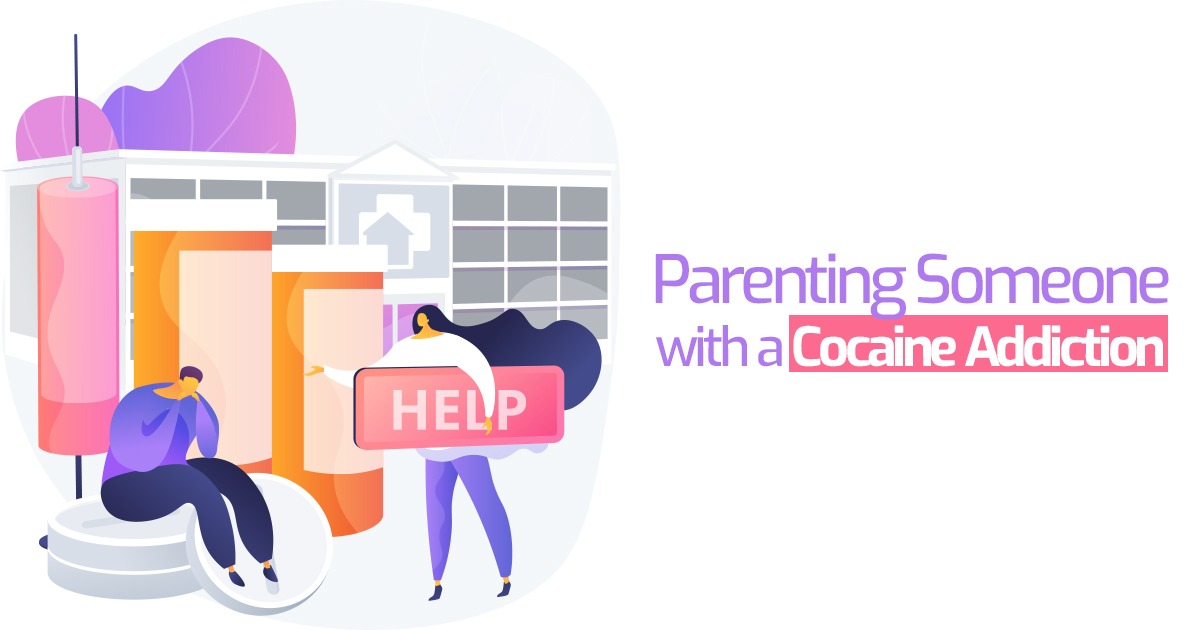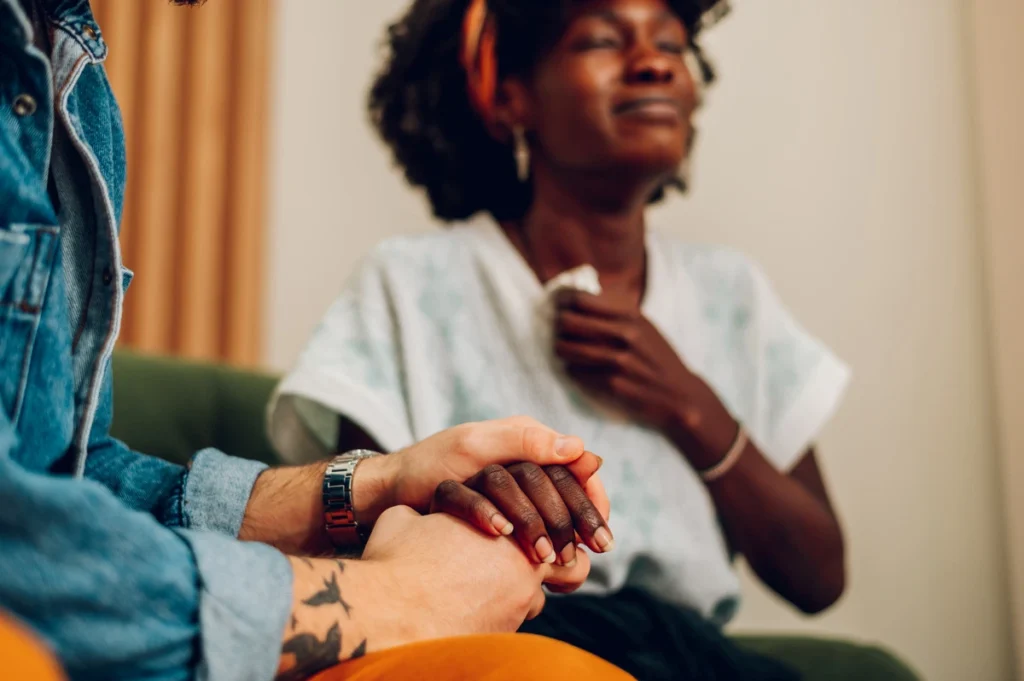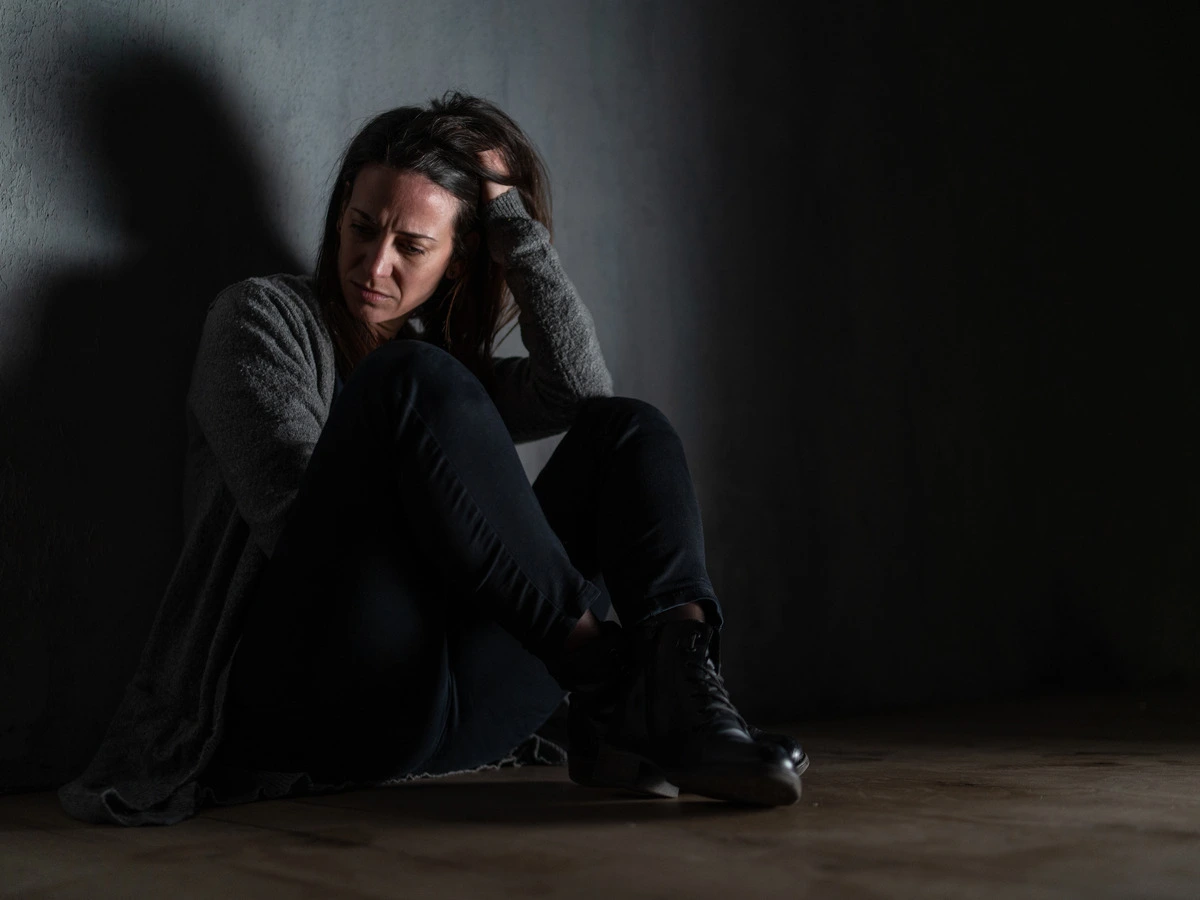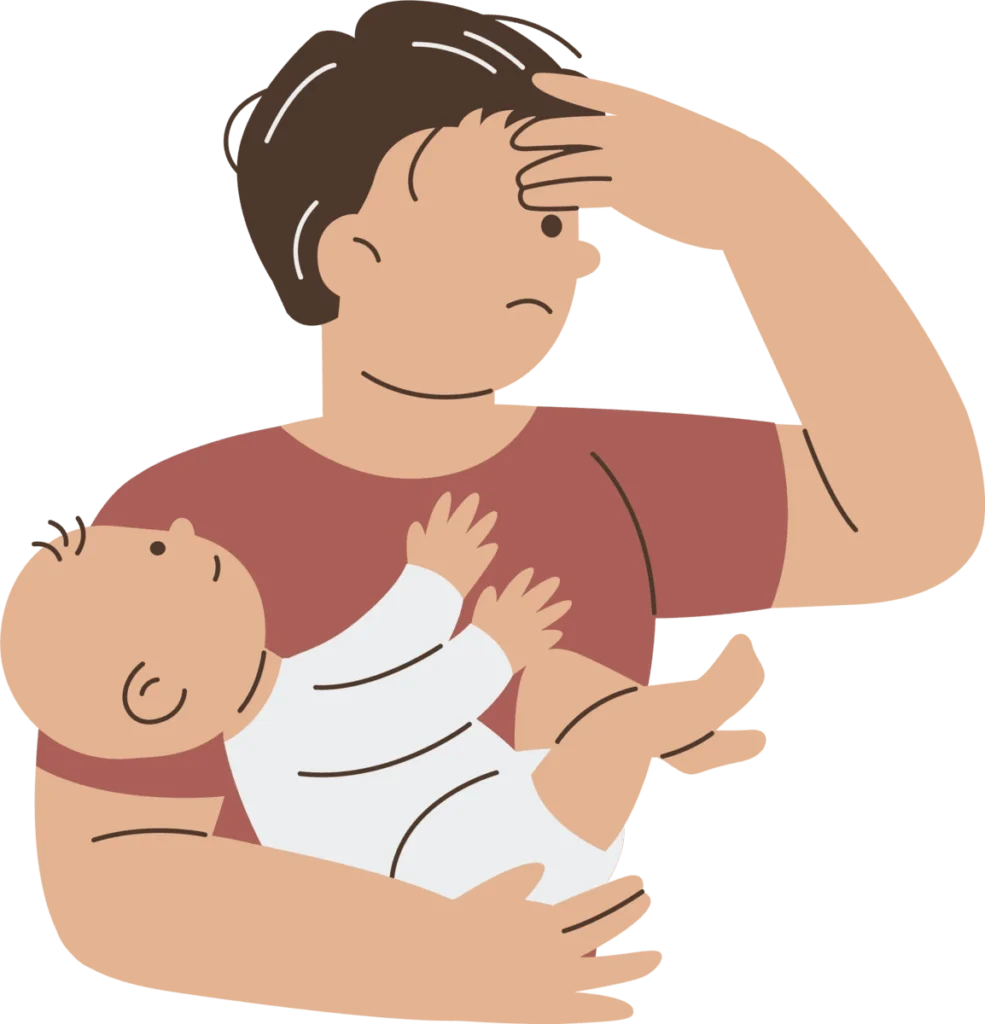
If you’re feeling anxious at work, you’re not alone.
For many women, the workplace is a major source of stress — whether it’s constant worry about performance, fear of speaking up in meetings, anxiety attacks triggered by work demands, or burnout from trying to juggle too much.
The good news? There are practical ways to handle anxiety at work, and resources available if you need extra support.
In this guide, you’ll learn:
✔️ Why workplace anxiety happens
✔️ How to combat anxiety at work
✔️ When to seek therapy or professional help
At Anchored Tides Recovery in Orange County, we specialize in helping women heal from anxiety and trauma — including the anxiety that shows up in your work life. You don’t have to manage it alone.
Is Anxiety at Work Normal?
Yes — workplace anxiety is very common.
Work environments today can be incredibly demanding, and many women feel pressure to “hold it all together” — even when inside they feel anything but calm.
In fact, nearly 1 in 5 adults in the U.S. experience an anxiety disorder each year — and the workplace is one of the most common triggers.
Why the modern workplace causes anxiety:
- Toxic cultures where people fear speaking up
- Heavy workloads and unrealistic expectations
- Lack of control over priorities or schedules
- Blurred work-life boundaries (especially with remote work)
- Workplace trauma or harassment
- Perfectionism and imposter syndrome
Workplace anxiety vs. normal work stress:
Feeling a bit nervous before a big presentation? That’s normal.
Feeling constant dread, physical symptoms, or panic about going to work? That may signal workplace anxiety — and you deserve support.
Signs You Might Be Struggling With Workplace Anxiety
Emotional Signs:
- Dread about starting your workday
- Persistent worry about performance
- Feeling on edge or irritable at work
- Low mood, loss of motivation
Physical Signs:
- Headaches or migraines
- Fatigue or insomnia
- Muscle tension
- Stomachaches or nausea
Behavioral Signs:
- Avoiding tasks or procrastinating
- Perfectionism that keeps you stuck
- Withdrawing from coworkers
- Calling in sick frequently
If these signs sound familiar, you’re not alone. At Anchored Tides Recovery, we help women break free from workplace anxiety and reclaim their confidence.

Common Causes of Workplace Anxiety
Why do I feel anxious at work every day?
Many factors can contribute to ongoing workplace anxiety:
Fear of criticism, lack of trust, harassment, discrimination
Feeling like work consumes your entire life
Unclear priorities, shifting goals, micromanagement
Setting impossible standards and fearing failure
Work situations that mirror past trauma or unsafe experiences
Chronic exhaustion and depletion from prolonged stress
If you’re navigating any of these challenges, know that healing is possible. Workplace anxiety is not a personal weakness — it’s often a trauma response to an unhealthy environment.
How to Combat Anxiety at Work
How can I calm down when I feel anxious at work?
Here are 8 actionable strategies:
Connect with supportive coworkers, mentors, friends, or a therapist.
If anxiety is impacting your health or quality of life, therapy can provide transformative support.
When you feel stuck in workplace anxiety, Anchored Tides Recovery is here to help. Our trauma-informed therapy empowers women to build resilience and reclaim joy at work and beyond.
When to Seek Therapy for Workplace Anxiety
Should I see a therapist for work anxiety?
Here are signs that therapy may help:
- Anxiety is affecting your sleep, health, or personal life
- You experience panic attacks at work
- You constantly dread going to work
- Your performance is suffering despite your efforts
- You’ve tried coping tools but still feel overwhelmed
Therapy at Anchored Tides Recovery can help you:
- Heal underlying trauma
- Build healthy coping skills
- Navigate workplace stress with more resilience
- Regain your confidence and sense of safety
Why Women Experience Unique Challenges With Workplace Anxiety
Unequal pay, fewer opportunities for advancement
Internalized beliefs about not being “good enough”
Caregiving demands on top of full-time work
Traumatic experiences that compound anxiety
Pressure to be “nice,” compliant, or silent about needs and boundaries
Connect with supportive coworkers, mentors, friends, or a therapist.
At Anchored Tides Recovery, we understand these challenges. Our women-centered therapy creates space to process, heal, and rebuild confidence.
How Anchored Tides Recovery Can Help With Anxiety at Work
At Anchored Tides Recovery, we know that workplace anxiety isn’t just about your job — it’s about how work stress intersects with trauma, self-worth, identity, and life demands.
Our holistic, trauma-informed approach includes:
✔️ Individual therapy to explore root causes of anxiety
✔️ Group therapy with other supportive women
✔️ Skill-building for managing perfectionism, boundaries, and self-care
✔️ Somatic therapies to calm the body
✔️ Mindfulness, yoga, art therapy, and more
Whether you’re seeking outpatient therapy, trauma treatment, or ongoing mental health support, our programs are designed to help you thrive — both at work and in life.
Ready to Reclaim Your Confidence at Work?
If workplace anxiety is holding you back, you’re not alone — and you don’t have to navigate it alone.
Contact Anchored Tides Recovery today to explore our therapy options and start building the tools for lasting resilience.
Get Help for Workplace Anxiety — Contact Us Today
FAQs About Anxiety at Work
Workplace anxiety is persistent worry, fear, or distress triggered by work situations, environments, or expectations.
Practice grounding techniques, set boundaries, reframe negative thoughts, and seek therapy if needed. — call (866) 329-6639 today.
Common causes include toxic work environments, perfectionism, trauma, poor work-life balance, and burnout. Learn more information burnout and depression.
It’s very common — but when it starts impacting your well-being, it’s important to seek support.
If you feel safe, you can share what support you need. Therapy can also help you navigate this conversation — call (866) 329-6639 today.
If anxiety is affecting your sleep, health, relationships, or performance, therapy can provide powerful support — call (866) 329-6639 or submit a message today.
Therapy helps you heal the root causes of anxiety, build coping skills, and restore your confidence and resilience — call (866) 329-6639 or submit a message today.
Helpful Resources and Next Steps:
- Partial Hospitalization Program (PHP)
- Intensive Outpatient Program (IOP)
- Substance Abuse Among Women
- Intensive Outpatient vs Outpatient Programs
- Women’s Addiction Treatment Center Overview
Anchored Tides Recovery is a women’s addiction treatment center in Orange County offering PHP, IOP, and trauma-informed care designed to empower women through every stage of recovery.




